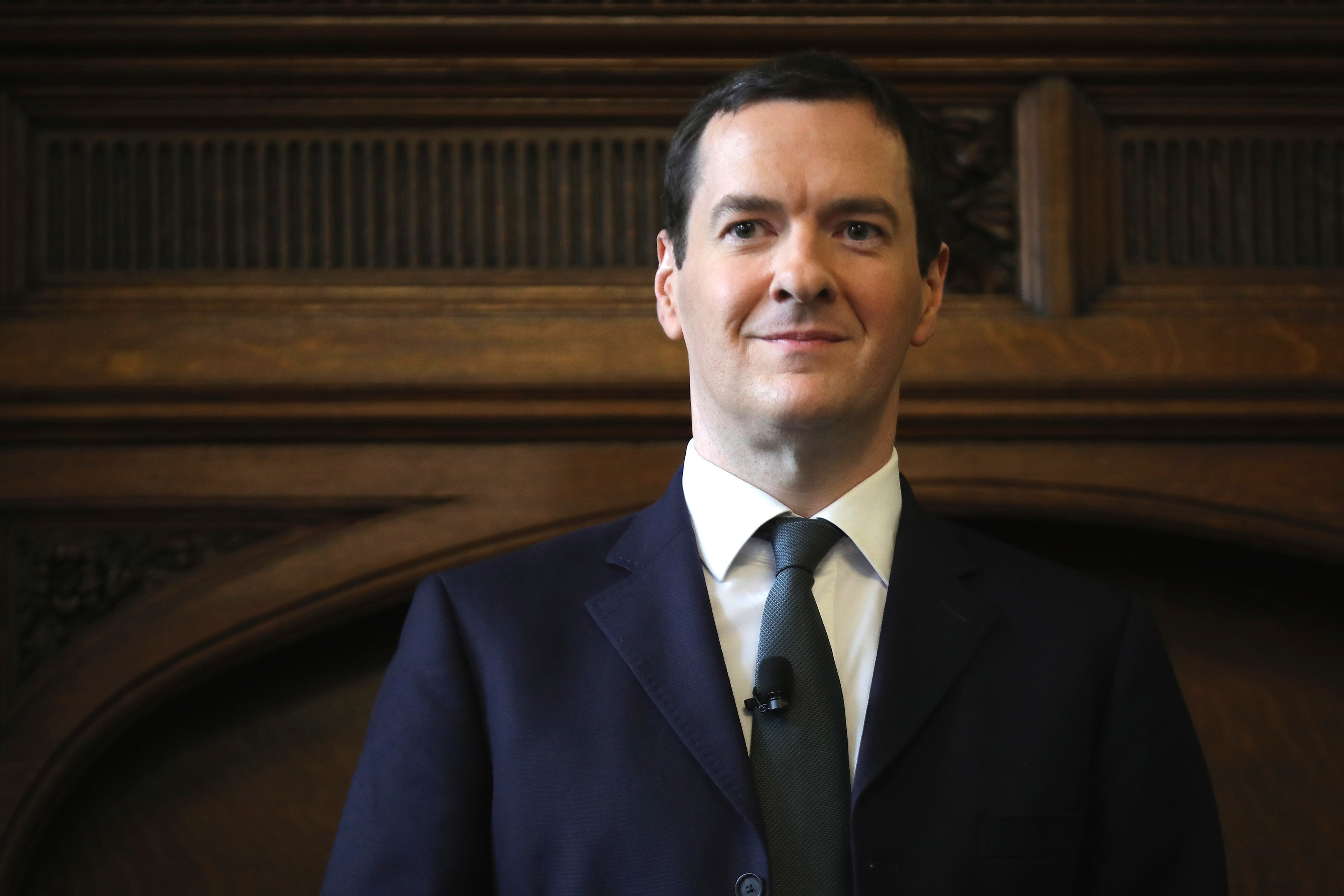George Osborne is planning to cut corporation tax to less than 15% as part of a plan to give Britain a post-Brexit vote boost.
The Chancellor said the UK must show it was “still open for business” following the decision to leave the EU as he set out plans to create a “super competitive economy”.
Slicing more than 5% off the current rate would see Britain close in on the Republic of Ireland’s 12.5% levy and make the country one of the most competitive global economies.
Mr Osborne told the Financial Times: “We must focus on the horizon and the journey ahead and make the most of the hand we’ve been dealt.”
The Chancellor wants to focus on generating investment from China as well as ensuring support for bank lending, bolstering the Northern powerhouse and maintaining the UK’s fiscal credibility to shore up the economy following the shock referendum vote.
Mr Osborne, who had threatened tax and spending cuts through an emergency budget if Britain voted to leave, said he would wait for official forecasts before announcing any new measures.
He said Britain faced a “very challenging time” and urged the Bank of England to use its powers to avoid “a contraction of credit in the economy”.
Jonathan Isaby, chief executive of the TaxPayers’ Alliance, urged the Chancellor to “be bold and cut the rate to 10% as soon as possible to really demonstrate that we are open for business”.
A former chancellor and foreign secretary warned that striking a trade deal before beginning transitions to leave the European Union would be a “massive strategic error”.
The next prime minister must issue orders in Whitehall for preparations to be made for the UK to leave “swiftly and smoothly”, Nigel Lawson and David Owen said.
Conservative Lord Lawson and independent Social Democrat Lord Owen said laws enabling the UK to quit should be on the statute book by Christmas, ready to be used when needed.
But Britain could leave under its own laws “if no acceptable agreement is forthcoming”, they said.
In an article for CityAM they wrote: “Whoever is the new prime minister must enter Downing Street ready with clear views to discuss with a new Cabinet and when agreed issue instructions for Whitehall to prepare to leave the EU swiftly and smoothly.”
“The reason why some seem to think this is so much more complicated is because they presume that we need to strike a trade deal with the EU before we start the transition to leave.
“This would be a massive strategic error.”
The peers urged the Government not to attempt to dictate the shape of any trade negotiations “except to say we are ready to negotiate”. They highlighted Britain’s strong trade with the United States despite the two nations having no trade deal in place.
Border control fuelled the Brexit vote and reneging on the issue would be “politically and socially explosive”, the peers warned.
“To propose a long period before we leave the EU is inviting the very economic uncertainty and chaos which any sensible European, in or out of the EU, wants to avoid, and does not understand the situation we are now in.
Planning to compromise on the immigration question as a means of negotiating needless “access” to the Single Market was to “invite the ugly politics of intolerance and racism on to our streets”, they said.




